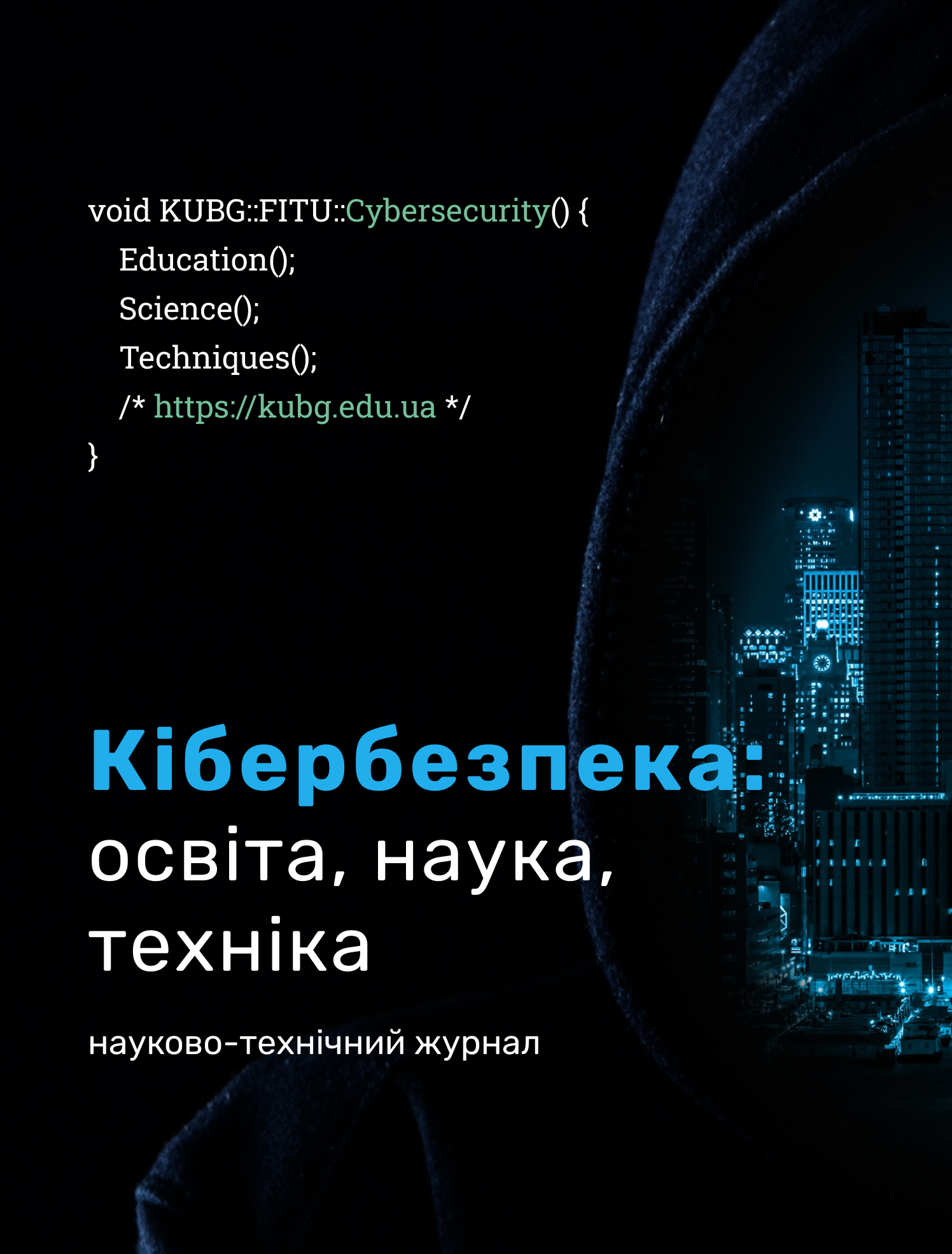USING ELEMENTS OF GAMIFICATION IN INTELLIGENT LEARNING SYSTEMS: ONTOLOGICAL ASPECT
DOI:
https://doi.org/10.28925/2663-4023.2023.21.3247Keywords:
ontology; ontological model; multi-level ontological model, intelligent learning system, information technology; learning content; gamification; knowledgeAbstract
The article considers an ontological approach to the creation and use of intelligent learning systems with elements of gamification. It is expedient to use developed multi-level ontological model in the implementation of learning processes in higher educational institutions. An ontological modeling of the intelligent learning systems based on multidimensional models is proposed. The proposed approach makes it possible to develop the multi-level ontological model of any intelligent learning system that fully reflects the pragmatics of the studied subject area. The proposed multi-level ontological model of the intelligent learning system with elements of the gamification captures and structures knowledge common to the subject area that is being studied. This allows you to reuse it as the basis of a single knowledge model, which ensures logical consistency between individual ontologies when combined to create learning content (for example, online course) with a wider list of the topics and tasks. The application of the ontological approach is an effective way to design and develop the intelligent learning systems. The constructed individual ontological models (of learning content, of tests, ontology of student results and actions, of student knowledge assessments, of the gamification components) contribute to the design of a unified information learning environment (learning content), within which intelligent learning systems that use the gamification elements. The multi-level ontological model proposed in the work helps to increase the efficiency of learning processes, maintaining interest and motivation to study the proposed learning content containing elements of gamification. The result of using the elements of gamification and the ontological modeling in the intelligent learning systems is the ability to make the necessary adjustments to the goals and objectives of the learning process, the learning process, the course of learning, the requirements for the level and competence of students.
Downloads
References
Petasis, G., Karkaletsis, V., Paliouras, G., Krithara, A., Zavitsanos, E. (2011). Ontology Population and Enrichment: State of the Art. In Knowledge-driven multimedia information extraction and ontology evolution. LNAI 6050. Springer-Verlag Berlin.
Zhou, L. (2007). Ontology Learning: State of the Art and Open Issues. Information Technology and Management, 8(3), 241-252.
Scherer, Matthew U. (2016). Regulating artificial intelligence systems: risks, challenges, competencies, and strategies. Harvard Journal of Law & Technology, 29(2).
Liu, G.Z. (2017). A Key Step to Understanding Paradigm Shifts in E-learning: Towards Context-Aware Ubiquitous Learning. British Journal of Educational Technology, 41(2), E1-E9.
Werbach, К. (2012). Gamification. Coursera. https://class.coursera.org/gamification-2012-001__.
What is SCORM? (2021). https://scorm.com/?utm_source=google&utm_ medium=natural_search.
Horrocks, I., Patel-schneide, Peter F., Van Harmelen, F. (2002). Reviewing the design of DAML+OIL: An ontology language for the Semantic Web. https://www.researchgate.net/publication/2477217_Reviewing_the_design_of_DAMLOIL_ An_ontology_language_for_the_Semantic_Web.
Ontolingua. (2005). http://www.ksl. stanford.edu/software/ontolingua/
Munir, K., Sheraz Anjum, M. (2018). The use of ontologies for effective knowledge modelling and information retrieval. Applied Computing and Informatics, 14(2), 116–126. https://doi.org/10.1016/j.aci.2017.07.003.
Тkachenko, К.O. (2022). Using Ontological Modeling by Intellectualization of Learning Processes. Digital platform: information technology in the sociocultural area, 5(2), 261-270. DOI: 10.31866/2617-796X.5.2.2022.270130
Veale, T., Hao, Y., (2007). A context-sensitive framework for lexical ontologies. Knowledge Engineering Review, 23(1), 101-115.
Nirenburg, S., Wilks, Y. (2001). What’s in a symbol: Ontology, representation, and language. Journal of Experimental and Theoretical Artificial Intelligence,13(1). 9-23.
Loshin, P. (2022). Resource Description Framework (RDF). https://www. techtarget.com/searchapparchitecture/definition/Resource-Description-Framework-RDF.
Pan, J. Z., Horrocks, I. (2007). RDFS(FA): Connecting RDF(S) and OWL DL. IEEE Transactions on Knowledge and Data Engineering, 19(2), 192-206. DOI:10.1109/TKDE.2007.37.
Web Ontology Language (OWL). (2013). https://www.w3.org/OWL/
Champin, P.-A. (2013). RDF-REST: A Unifying Framework for Web APIs and Linked Data. Services and Applications over Linked APIs and Data (SALAD), workshop at ESWC (p.10-19). https://hal.science/hal-00921662.
List, C. (2018). Levels: descriptive, explanatory, and ontological http://eprints. lse.ac.uk/87591/1/List_Levels%20descriptive_2018.pdf
Sowa, J.F. (2009). Building, Sharing and Merging Ontologies. http://www.jfsowa.com/ontology/ ontoshar.htm
Gelfert, A. (2017). The Ontology of Models, In: Magnani L., Bertolotti T. (eds) Springer Handbook of Model-Based Science, Springer Handbooks.
Sanfilippo, E.M. (2018). Feature-based product modelling: an ontological approach. International Journal of Computer Integrated Manufacturing, 31(11), 1097-1110.
SPARQL Tutorial. (2021). https://jena.apache.org/tutorials/sparql.html.
Published
How to Cite
Issue
Section
License
Copyright (c) 2023 Костянтин Ткаченко, Ольга Ткаченко, Олександр Ткаченко

This work is licensed under a Creative Commons Attribution-NonCommercial-ShareAlike 4.0 International License.




